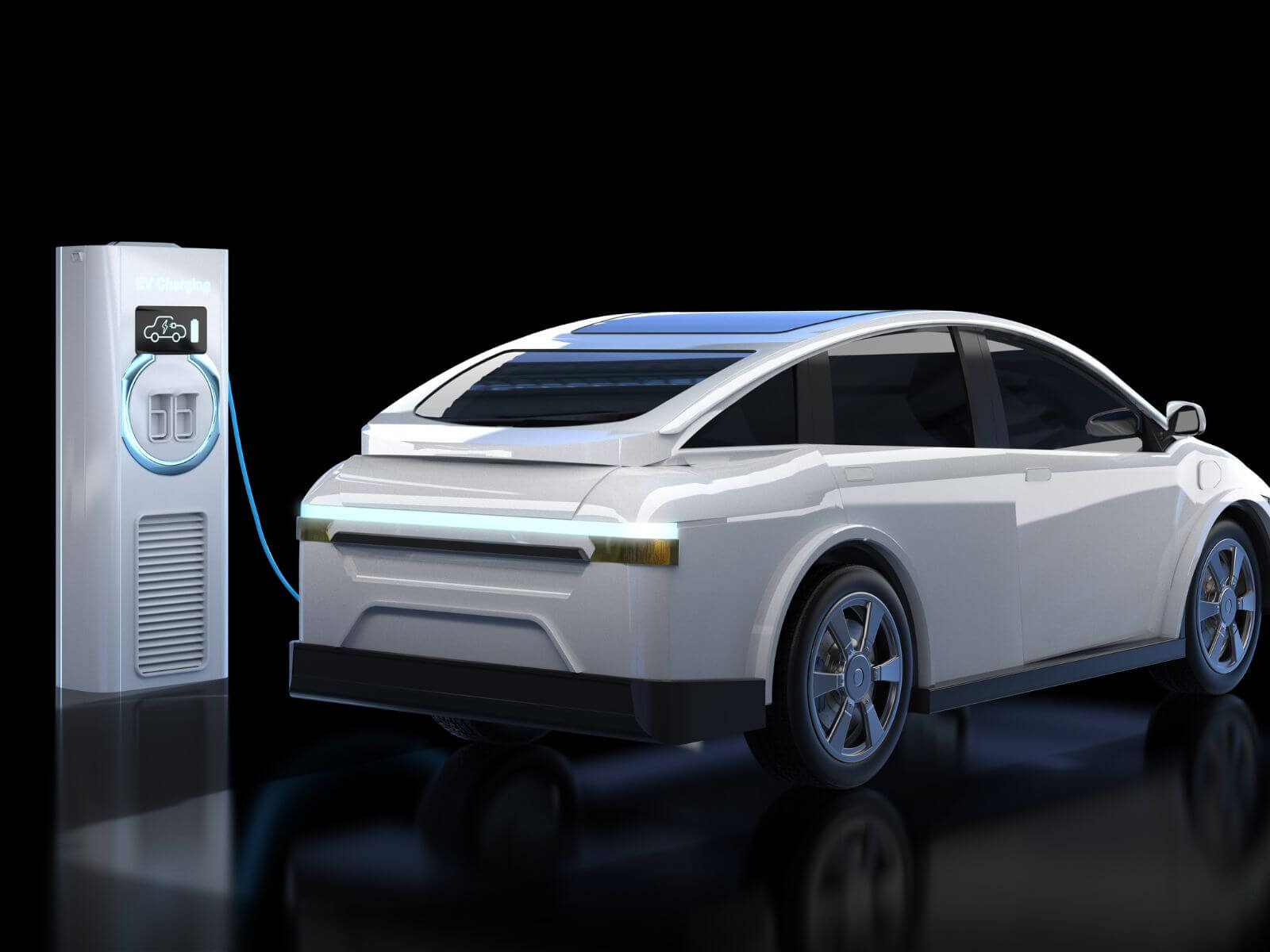There are over 2.5 million electric vehicles (EVs) registered in the U.S.
At the end of 2022, 3.3 million American homes had solar installed, according to the Solar Energy Industries Association (SEIA).
In a perfect world, the number of EVs and solar-powered homes would be the same. Their marriage would mean complete autonomy from electricity, offering power for your home and your vehicle.
If you are part of the gap between owning only an EV without solar panels or having solar panels without using electric vehicle charging for your home then this article is for you.
Find out why you need to bridge this gap and bring the best of EV and solar energy together below.
How a Solar Power EV Charger Saves Money
One of the most compelling reasons to opt for solar-powered EV charging is the potential for substantial long-term cost savings.
If you don’t own an EV (but are probably thinking of getting one), then you might know that traditional gasoline-powered vehicles rely on fluctuating fossil fuel prices, subjecting drivers to unpredictable expenses.
In contrast, electric vehicles rely solely on electricity, which means they can be charged simply by plugging them in. However, grid electricity is also susceptible to price increases.
The only way to control the cost of fueling your car is with electric car charging with solar.
Other Advantages of Using Solar Panels for EV Charging
The advantages of using solar panels to charge electric vehicles extend beyond monetary savings. Here are some key benefits:
1. Environmental Sustainability
Solar-powered EV charging represents a double win for the environment. By driving on electricity instead of gasoline, EVs emit fewer pollutants, helping combat air pollution. Pairing EVs with solar energy means that you are producing as well as using clean energy to power your EV.
2. Energy Independence
With solar panels installed, EV owners gain a degree of energy independence. They can generate their electricity on-site, reducing reliance on centralized power grids and promoting resilience in the face of power outages or disruptions. This self-sufficiency fosters a sense of empowerment and reduces vulnerability to external factors affecting energy supply.
3. Long-Term Investment
Solar panels have a lifespan of up to 40 years, making them a durable and reliable investment. Once installed, solar PV systems require minimal maintenance and can continue to produce electricity for decades, providing a dependable source of energy for EV charging. Over time, the cost savings realized from solar-powered charging can outweigh the initial installation costs, offering a high return on investment.
4. Use Excess Energy
When it comes to solar panels, electric cars are a great way to use any extra generated energy. Instead of trying to use your excess power for solar energy renewable credits or selling them back to the grid using net metering, putting that energy toward another commodity might be an alternative, smart option. A solar power electric car charger is fast and easy, and it will get you the greatest return on your investment in the mode of free transportation.
5. Increased Convenience
While many cities are beginning to accommodate EVs, finding a charging station near your home or your destination can be a hassle. By having a solar power EV charger at your fingertips in the comfort of your home, you can get a full charge while you sleep. Then, leave your house with confidence that you won’t have to go on a hunt for a plug anytime soon.
What You Need to Charge Your Car with Solar
Charging an electric car with solar is easy when you have the right setup. When you hire a professional solar energy provider like Rising Sun Solar Solutions, you ensure that the job is done right with the following components:
1. Solar Panels
At the heart of the system, solar panels capture sunlight and convert it into electricity. Your solar panel unit will transfer the energy it generates into your EV charger. The more solar panels that you have installed, then the more energy your unit will produce.
2. Charge Controller
A charge controller regulates the flow of electricity from the solar panels to the battery pack of the EV, preventing overcharging and optimizing battery life. It acts as a crucial intermediary between the solar array and the vehicle’s charging system.
3. Inverter
Solar inverters convert the direct current (DC) generated by solar panels into alternating current (AC) compatible with the EV charging infrastructure. High-quality inverters ensure efficient energy conversion and seamless integration with the grid or standalone charging systems.
4. Battery Storage
While not essential, integrating battery storage into the solar charging system enables energy storage for later use, such as during nighttime or periods of low sunlight. Batteries provide flexibility and resilience, enhancing the overall reliability of the system.
How Long It Takes to Charge Your Car with Solar
The time required to charge an electric car using solar energy varies depending on your solar panel output. Factors such as sunlight intensity, panel orientation, and battery capacity will also play a role.
On average, a typical EV with a 60 kWh battery pack can be fully charged using solar power in approximately 8 to 10 hours under optimal conditions. However, it’s essential to note that charging times may vary and could be longer during periods of limited sunlight or inclement weather.
Adding Electric Vehicle Charging for Your Home
The best part about electric vehicle charging for home solar panel units is that they can be added at any time. Have it installed with your solar panels or add it later on if you plan to buy an EV.
With Rising Sun Solar Solutions, we make it easy to adjust and expand your solar panel installation whenever you need to. From adding an EV charger to increasing your battery storage options, we are just a phone call away.
Get started today by getting your home energy assessment for free.


